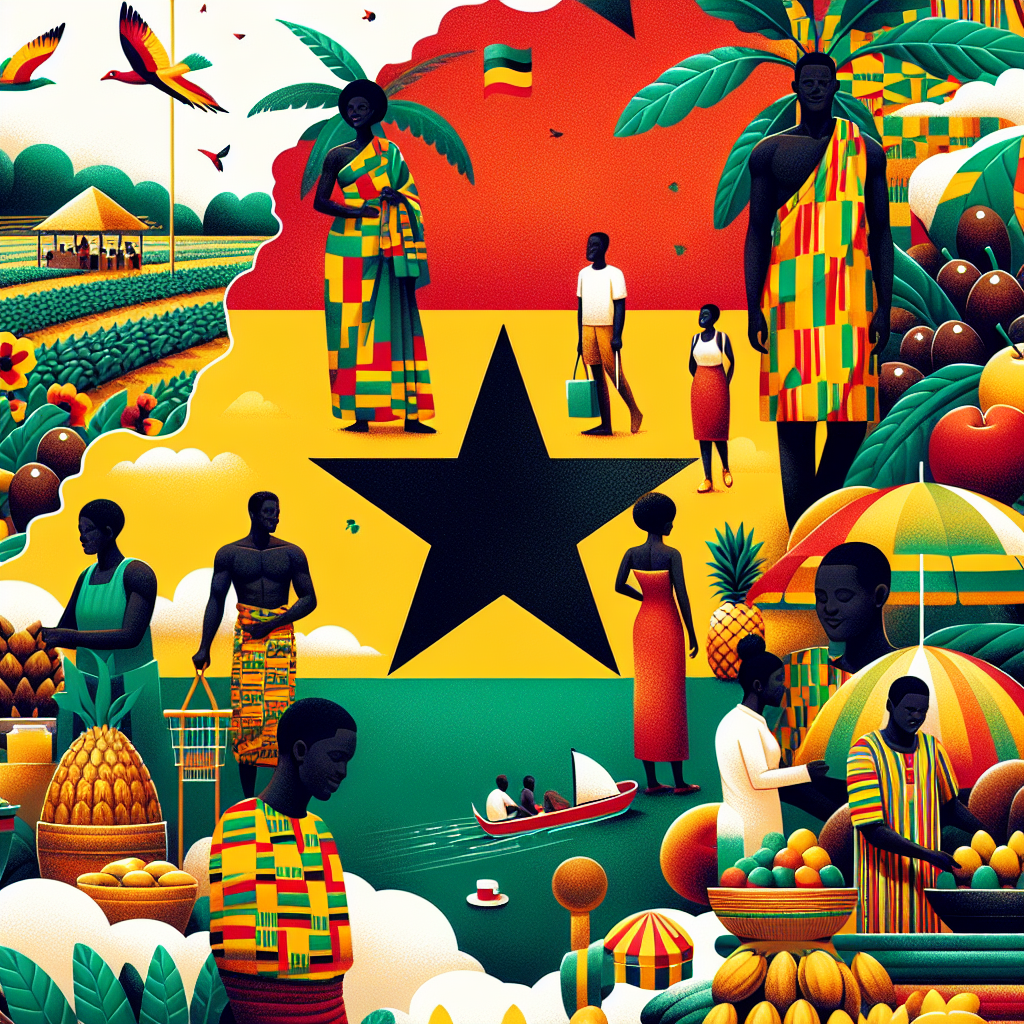Ghana's LGBTQ+ Dilemma: A Tense Electoral Decision
Ghana's LGBTQ+ community faces a pivotal election with leading candidates supporting anti-LGBTQ+ legislation. The controversial bill proposes severe penalties for LGBTQ+ individuals and allies, intensifying fear and uncertainty. Despite constitutional challenges, it has amplified existing prejudices in the religiously conservative nation, affecting international relations and donor funding.

Ghana is set to elect a new president on December 7, and the LGBTQ+ community is caught in a difficult position as major candidates support harsh anti-LGBTQ+ legislation, aiming to appeal to a predominantly conservative society.
The law would impose severe penalties for LGBTQ+ identification and advocacy; it has sparked concern among human rights groups and influenced public opinion due to its divisive nature. Despite constitutional challenges, the Supreme Court's review looms as a critical moment for Ghana's LGBTQ+ citizens.
International entities, including the EU, have condemned the bill, citing potential violations of human rights. The ruling party's stance has intensified concerns about discrimination, safety, and economic ramifications, affecting voting decisions amid global scrutiny and potential loss of donor support.
(With inputs from agencies.)
- READ MORE ON:
- Ghana
- election
- anti-LGBTQ
- bill
- law
- penalties
- human rights
- public opinion
- future
- fear
ALSO READ
Marilyn Manson Drops Lawsuit Against Evan Rachel Wood, Settles Legal Disputes
Lawmakers Urge Tougher Stance on Hong Kong's Financial Misdeeds
Minister Calls for Stronger Laws Against Vulgar Content on Social Media
Dramatic Capture: Lawrence Bishnoi Gang Members Nabbed in Jalandhar
Federal Lawyers Navigate Uncertain Future Amidst Potential Budget Cuts










